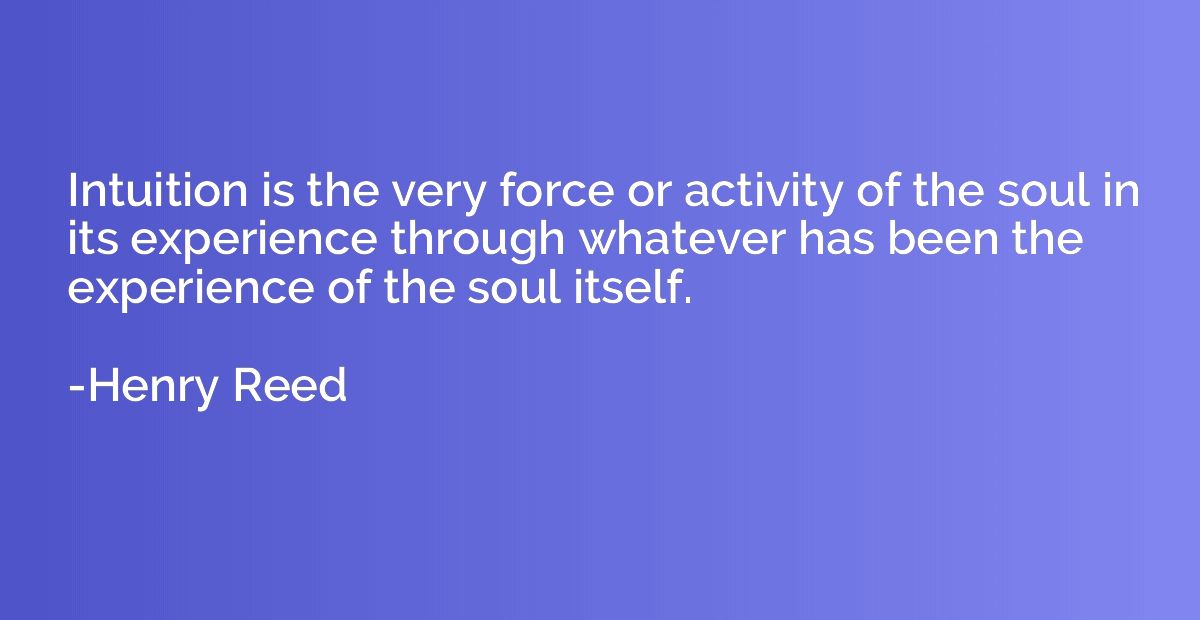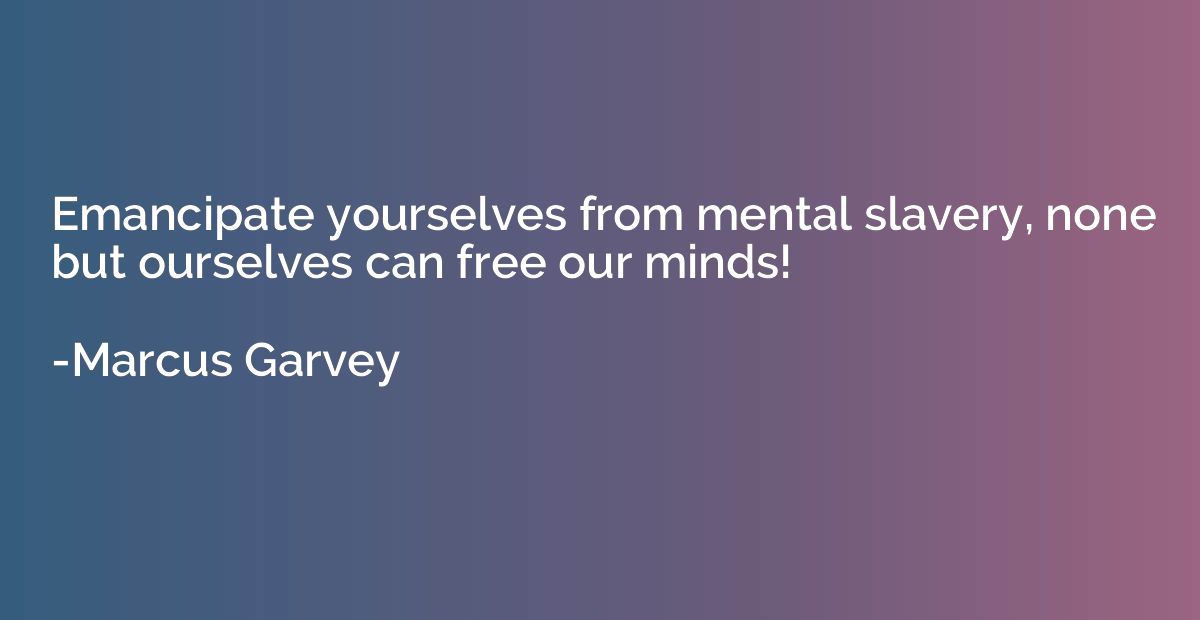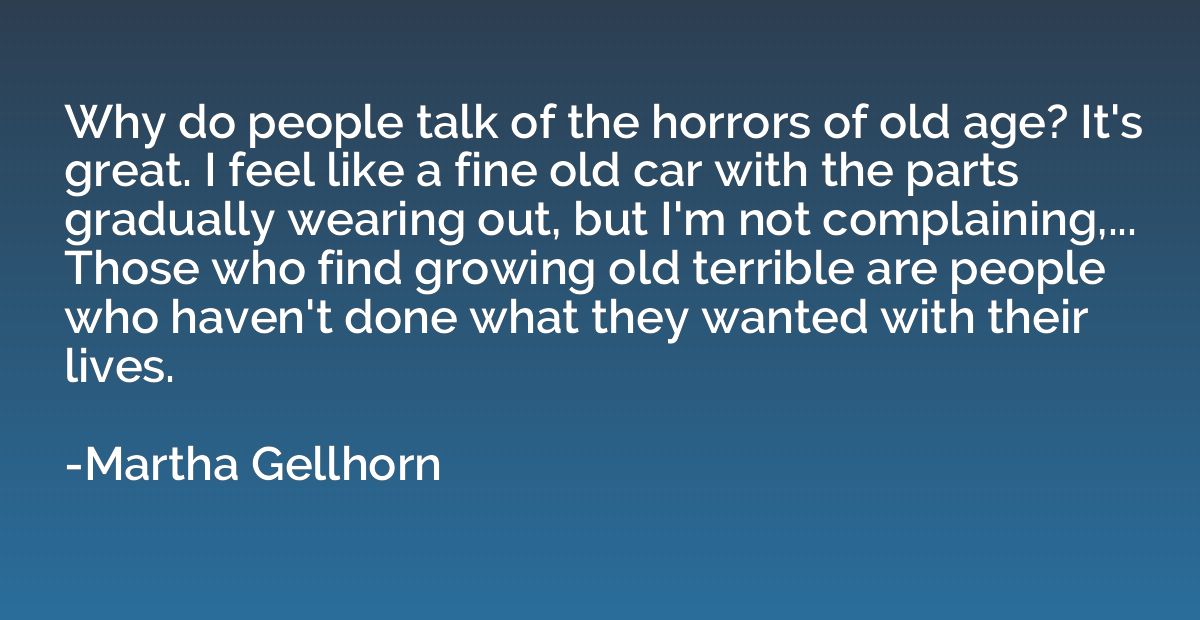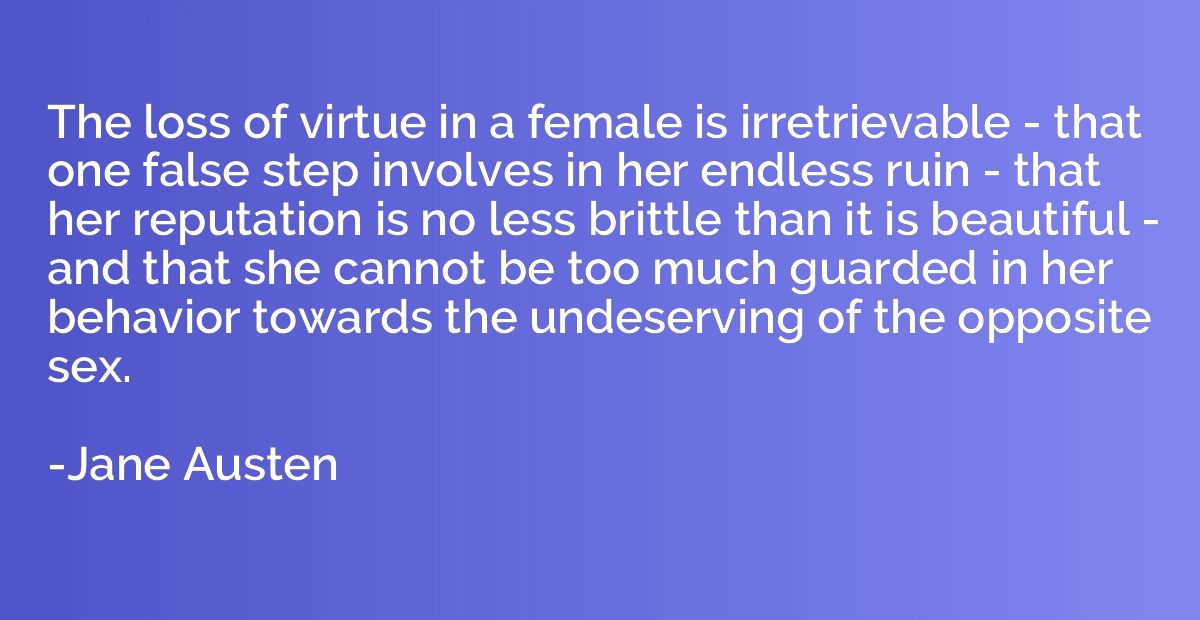Quote by Abraham Lincoln
This country, with its institutions, belongs to the people who inhabit it. Whenever they shall grow weary of the existing government, they can exercise their constitutional right of amending it, or exercise their revolutionary right to overthrow it.
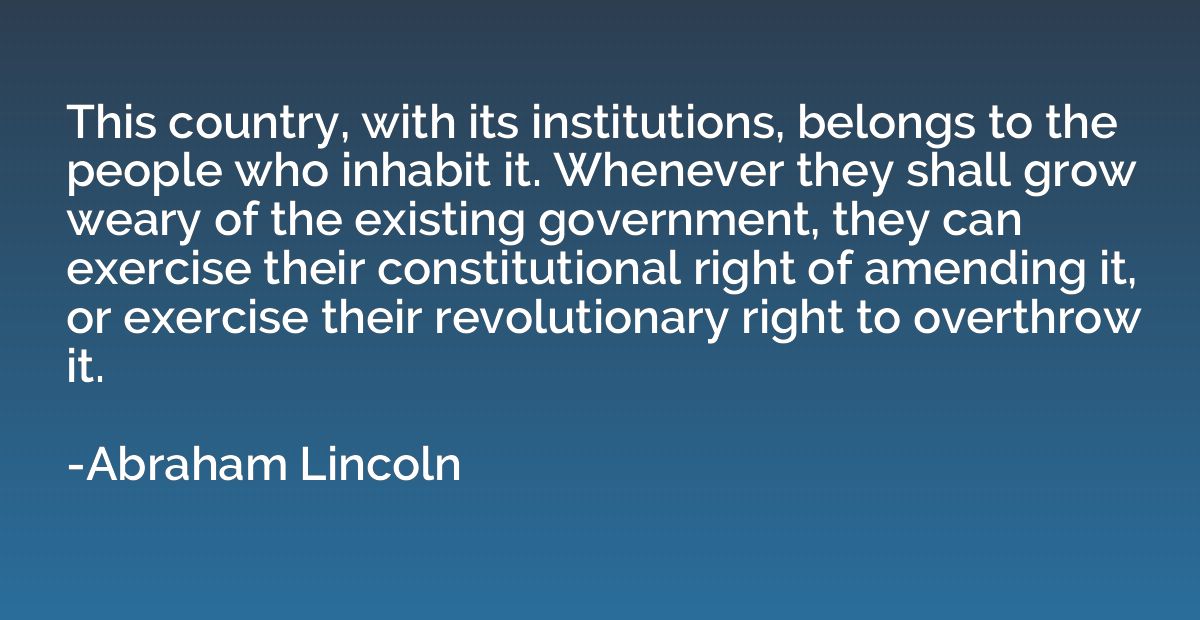
Summary
This quote states that a country and its institutions ultimately belong to its people. If the people become dissatisfied with the current government, they have the power to make changes through constitutional means, such as amending the existing system. However, they also have the right to resort to revolution and overthrow the government if necessary. In short, the quote emphasizes the idea of people's sovereignty and their ability to shape the governance of their country.



